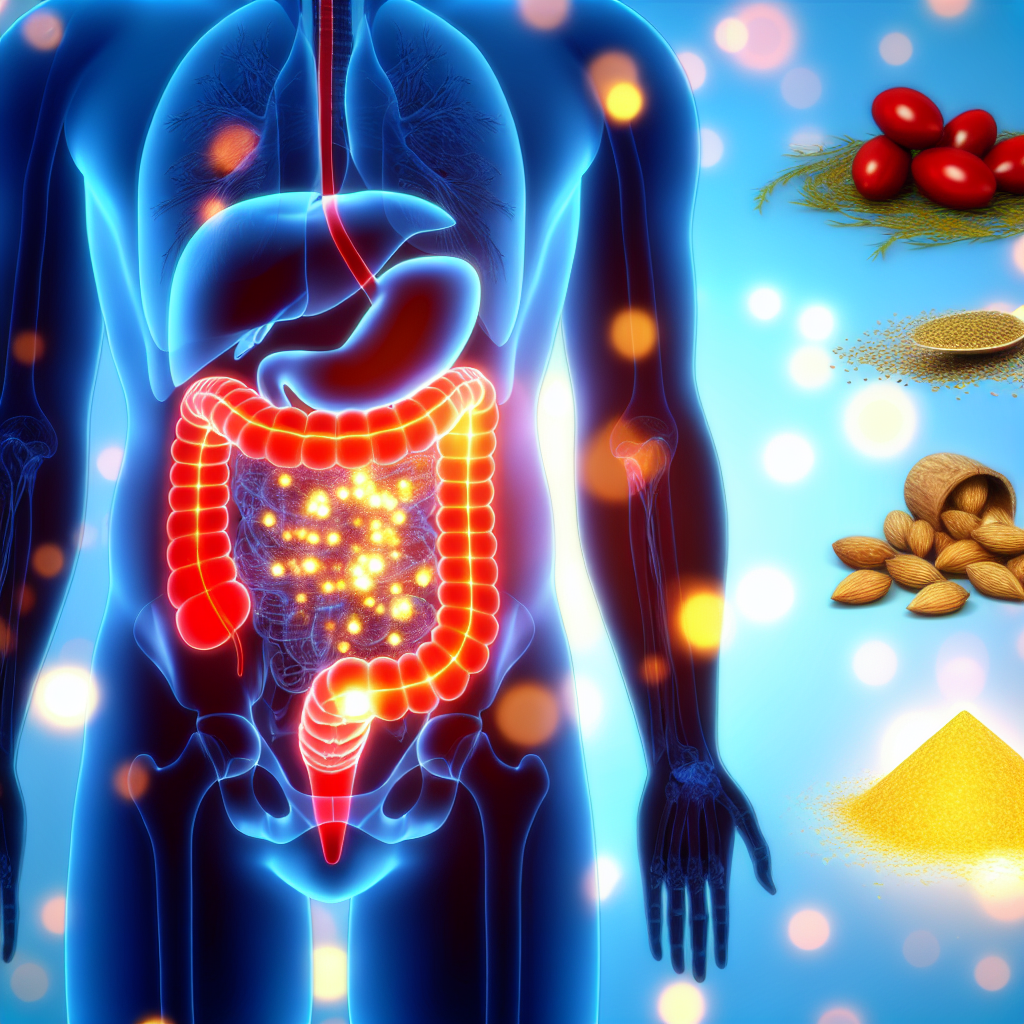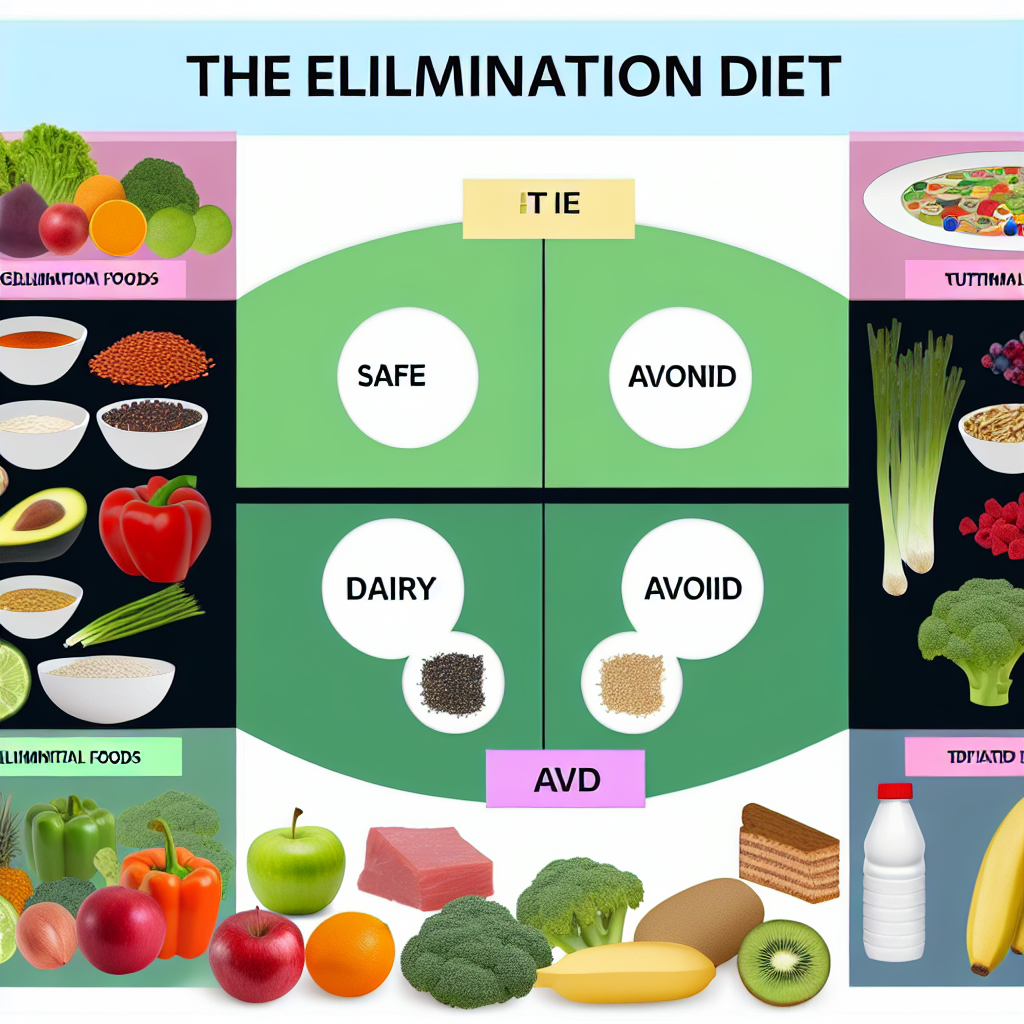Comorbidities of the gastrointestinal tract and the liver are disorders that affect the digestive system and the liver. They may develop alone or in conjunction with other medical issues. The following are some of the most frequent gastrointestinal and hepatic comorbidities:
GERD
GERD is a disorder in which stomach acid backs into the esophagus, producing irritation and inflammation. Millions of people worldwide suffer from GERD. This condition develops when the lower esophageal sphincter (LES), a muscular ring at the bottom of the esophagus, fails to seal correctly after food or fluids have passed into the stomach. As a result, stomach acid and occasionally partly digested food can reflux into the esophagus, producing irritation and inflammation.
GERD symptoms are unpleasant and might lower quality of life. Heartburn, chest discomfort, trouble swallowing, regurgitation, and a foul taste in the mouth are some of the most prevalent symptoms. The degree and frequency of these symptoms can vary, with some people experiencing moderate symptoms that are readily controlled and others suffering more severe symptoms that can considerably interfere with their daily activities.
Risk Factors for GERD
Obesity, smoking, hiatal hernia, pregnancy, and certain drugs like antihistamines and antidepressants are all risk factors for GERD. Losing weight, stopping smoking, and avoiding specific foods and beverages can all assist with symptom management. Antacids and proton pump inhibitors (PPIs) are over-the-counter drugs that can help reduce acid reflux.
If untreated, GERD can lead to problems such as esophageal ulcers, strictures, and Barrett’s esophagus, which increases the chance of developing esophageal cancer. Individuals who feel they may have GERD should seek medical assistance and obtain adequate therapy to control their symptoms and avoid potential problems.
Peptic Ulcers
Peptic ulcers are lesions in the stomach lining or the duodenum (the first section of the small intestine).
IBD: Chronic inflammatory illnesses of the digestive system. Crohn’s and ulcerative colitis are the most common IBDs.
Gluten damages the small intestine in Celiac disease, an autoimmune disease.
IBS is a chronic disorder that affects the large intestine and produces stomach discomfort, cramps, bloating, and diarrhea or constipation.
Nonalcoholic fatty liver disease (NAFLD) includes hepatic fat accumulation. It is the most common chronic liver disease in the US.
Hepatitis B and C
Hepatitis B and C: These viral illnesses can harm the liver. Cirrhosis is a disorder in which the liver becomes scarred and damaged, making it difficult for it to function normally.
Comorbidities of the gastrointestinal and hepatic systems can substantially influence a person’s health and well-being. They can induce stomach discomfort, nausea, vomiting, diarrhea, constipation, exhaustion, and weight loss, among other symptoms. They can also raise your chances of getting other medical illnesses like heart disease, stroke, and cancer.
You should consult a doctor once for a diagnosis and treatment plan if you have gastrointestinal or hepatic symptoms. Treatment for gastrointestinal and hepatic comorbidities varies according to the illness. However, it frequently incorporates dietary and activity adjustments, drugs, or surgery.
Here are some pointers for dealing with gastrointestinal and liver comorbidities:
Consume a nutritious diet containing many fruits, vegetables, and whole grains. Reduce your intake of processed meals, fizzy drinks, and saturated and harmful fats.
Maintain a healthy weight: If you are overweight or obese, decreasing weight can help you feel better and lower your risk of issues.
Exercise regularly: Exercise aids digestion and reduces inflammation. On most days of the week, aim for at least 30 minutes of moderate-intensity exercise.
Manage stress: Stress can aggravate gastrointestinal and liver problems. Exercise, relaxation methods, and spending time with loved ones are all excellent strategies to deal with stress.
Get frequent checks: Visit your doctor for routine exams and screenings. This is crucial for tracking your progress and avoiding issues.
Please see your doctor for any queries or concerns concerning gastrointestinal and hepatic comorbidities.

Dominic E. is a passionate filmmaker navigating the exciting intersection of art and science. By day, he delves into the complexities of the human body as a full-time medical writer, meticulously translating intricate medical concepts into accessible and engaging narratives. By night, he explores the boundless realm of cinematic storytelling, crafting narratives that evoke emotion and challenge perspectives.
Film Student and Full-time Medical Writer for ContentVendor.com




